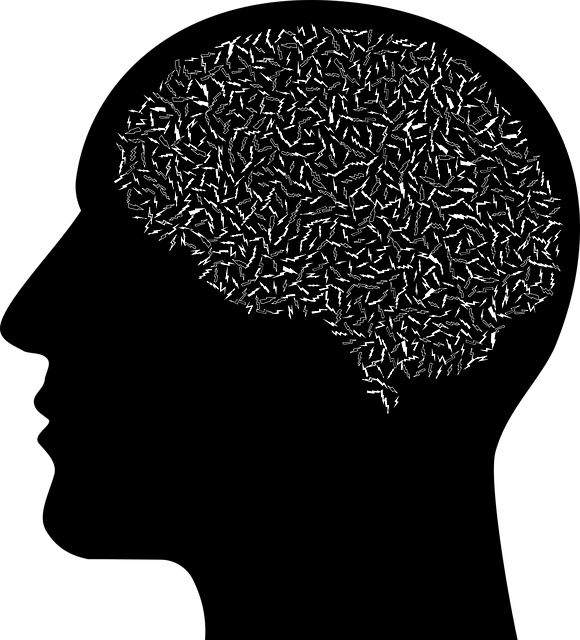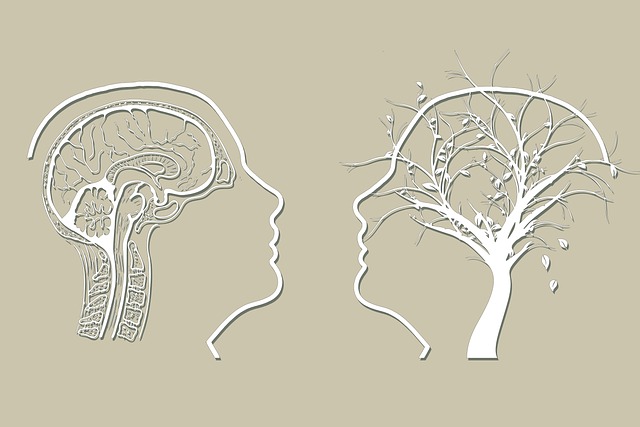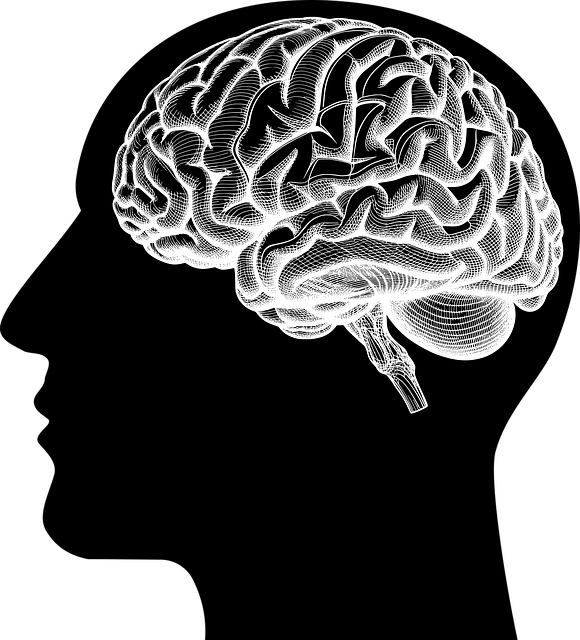Aurora First Responders Therapy offers specialized support for individuals, particularly high-stress professionals like police, firefighters, and paramedics, struggling with anxiety. Combining evidence-based techniques such as CBT, mindfulness training, and risk management planning, the program helps clients manage triggers, interpret bodily sensations, and employ calming mechanisms. Through group sessions and personalized support, participants gain confidence, resilience, and improved mental health while destigmatizing mental health issues. This tailored approach empowers first responders to handle stressful situations effectively, enhancing their well-being and reducing anxiety symptoms.
Anxiety is a pervasive emotional state affecting millions, yet managing it effectively can be challenging. This comprehensive guide explores various techniques to combat anxiety, from understanding its complex nature to employing specialized therapies like Aurora First Responders Therapy. We delve into cognitive behavioral techniques, mindfulness practices, and resilience-building strategies, offering practical tools for long-term anxiety management. Discover how these approaches can empower individuals to regain control and enhance their overall well-being.
- Understanding Anxiety: Unraveling the Complex Emotion
- Aurora First Responders Therapy: A Glimpse into the Approach
- Cognitive Behavioral Techniques for Effective Management
- Mindfulness and Relaxation Strategies: Finding Inner Peace
- Building Resilience: Long-term Coping Mechanisms
Understanding Anxiety: Unraveling the Complex Emotion

Anxiety is a complex emotion that can manifest in various ways, from occasional worry to debilitating fear. Understanding this emotion is the first step in managing it effectively. For many individuals, especially those who have experienced traumatic events, anxiety can become a persistent companion, influencing daily life and interactions. Aurora First Responders Therapy recognizes this challenge and offers tailored strategies to help clients unravel the intricate web of anxiety.
Effective communication plays a pivotal role in managing anxiety. Empathy-building strategies, combined with techniques that foster inner strength development, empower individuals to confront their fears. Through therapy, one learns to recognize triggers, interpret bodily sensations, and implement calming mechanisms. These tools are crucial in navigating life’s stressors, ensuring better mental health and improved relationships, whether at home or in professional settings.
Aurora First Responders Therapy: A Glimpse into the Approach

Aurora First Responders Therapy is a specialized approach designed to support individuals, particularly those in high-stress professions, who struggle with anxiety. This innovative therapy program recognizes the unique challenges faced by first responders, such as police officers, firefighters, and paramedics, who regularly encounter traumatic situations. By tailoring their therapeutic methods to these specific needs, Aurora First Responders Therapy offers a safe space for them to process and manage their anxiety effectively.
The program incorporates various evidence-based techniques, including cognitive-behavioral therapy (CBT), mindfulness training, and risk management planning for mental health professionals. Through group sessions and personalized support, participants gain valuable tools to boost their confidence and enhance resilience. Additionally, the therapy encourages public awareness campaigns development to destigmatize mental health issues within these communities, fostering a culture of open dialogue and supportive networks.
Cognitive Behavioral Techniques for Effective Management

Cognitive Behavioral Techniques (CBT) have emerged as powerful tools for managing anxiety, offering individuals a way to challenge and change negative thought patterns. This approach is particularly beneficial for Aurora First Responders facing high-stress situations. CBT encourages patients to identify distorted thinking and replace it with more realistic and balanced perspectives. By learning to recognize and modify these cognitive processes, individuals can effectively reduce anxiety symptoms and improve their overall well-being.
In the context of depression prevention, CBT plays a crucial role in equipping people with coping strategies. Healthcare provider cultural competency training emphasizes the importance of understanding diverse perspectives, ensuring that crisis intervention guidance is tailored to individual needs. Through CBT, first responders can develop skills to navigate challenging situations, manage stress, and maintain mental health, thereby enhancing their resilience and overall effectiveness in emergency response scenarios.
Mindfulness and Relaxation Strategies: Finding Inner Peace

In today’s fast-paced world, anxiety can feel like an ever-present companion. But for those who serve our communities as first responders, managing stress and maintaining mental health are paramount. Aurora First Responders Therapy offers a haven where professionals specialize in understanding the unique challenges faced by these brave individuals.
Through a combination of mindfulness and relaxation strategies, they guide first responders towards inner peace. This involves learning to breathe deeply, focus on the present moment, and cultivate non-judgmental awareness—skills that can significantly reduce anxiety levels. By incorporating practices such as meditation, yoga, and cognitive-behavioral techniques, participants in these programs gain powerful tools for self-esteem improvement and mental health education. Ultimately, these strategies empower first responders to better handle stressful situations, ensuring they find the calm necessary to serve with resilience and composure.
Building Resilience: Long-term Coping Mechanisms

Building resilience is a key component of long-term anxiety management. It involves developing coping mechanisms that not only help individuals navigate through stressful situations but also foster emotional intelligence and prevent burnout. Aurora First Responders Therapy, tailored for first responders and those in high-stress professions, emphasizes these aspects to create lasting change.
Through therapy, individuals learn to identify triggers, manage stress responses, and cultivate a mindset that enhances their ability to bounce back from adversity. This process includes learning relaxation techniques, cognitive reframing, and mindfulness practices. By integrating these strategies into daily life, individuals build resilience that supports them in all areas, reducing anxiety symptoms and promoting overall well-being.
Anxiety management is a multifaceted journey, as evidenced by the diverse techniques explored in this article. From understanding the complex emotion of anxiety to adopting effective cognitive behavioral strategies and mindfulness practices, individuals now have an array of tools at their disposal. Building resilience acts as the cornerstone for long-term coping mechanisms, offering a sense of empowerment to navigate life’s challenges. For those seeking specialized support, Aurora First Responders Therapy provides a unique approach tailored to address anxiety within specific contexts. By combining these various methods, people can unlock the power to manage their anxiety effectively and lead more fulfilling lives.














